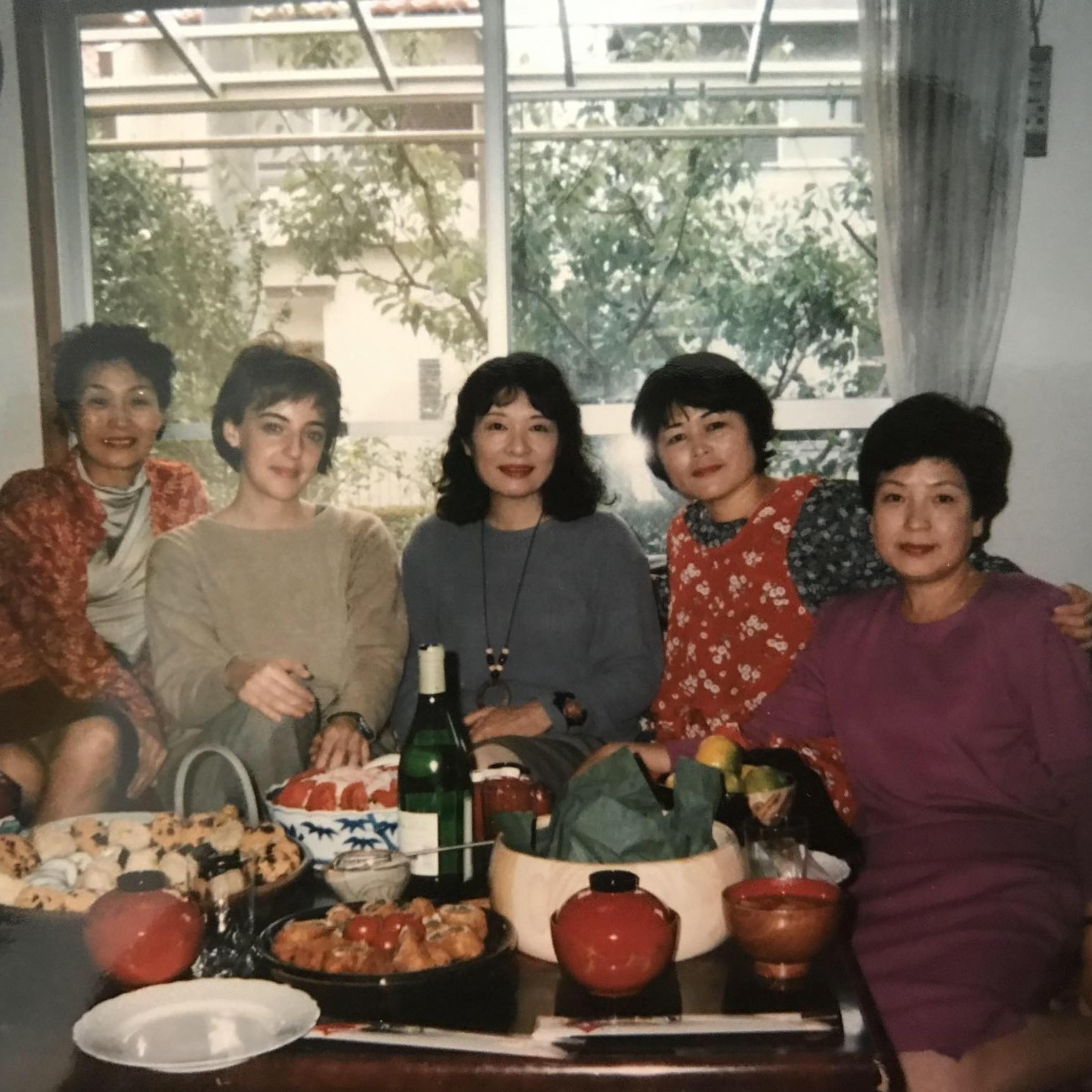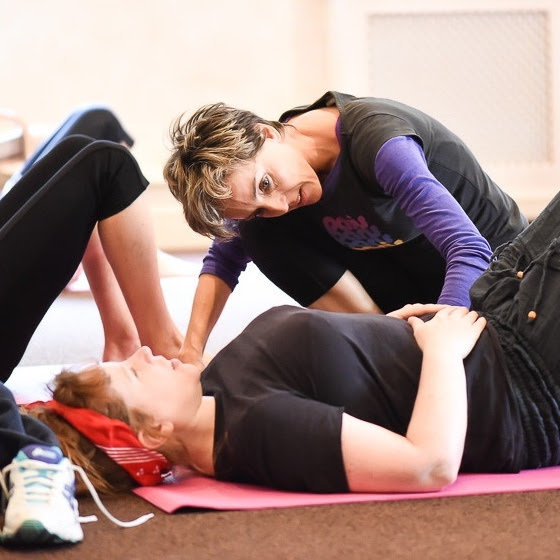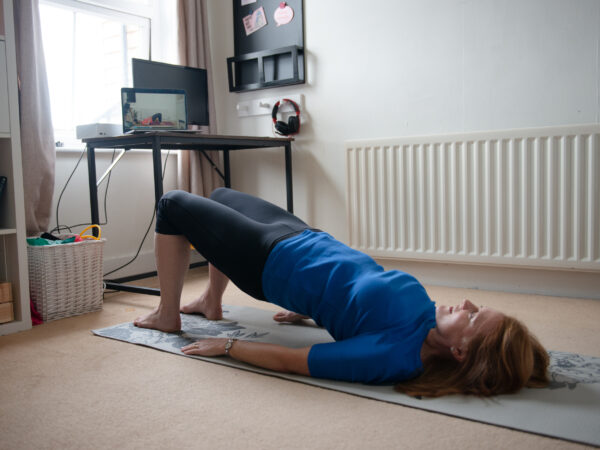I recently stumbled upon a Netflix show ‘Live to 100: Secrets of the Blue Zones’, have you seen it?
In it author Dan Buettner takes us on a journey around the world to five unique communities where people live extraordinarily long and vibrant lives.
One of these communities is Okinawa in Japan, home to the world’s oldest women.
What interests me most, and perhaps this is the same for you, is how well they are living, as opposed to how long.
Although statistics seem to change all the time on the subject of ageing, the Okinawan way of life offers us some insightful tips on how to age well.
It also reminded me when I lived in Japan, how surprisingly unautomated daily life was, involving more manual jobs, cycling, walking, and getting up and down from the floor where you study, sleep and eat!
Not forgetting how ill I was when I gorged on a UK visit, having been dairy free in Japan for a year! Maybe my gut telling me something?
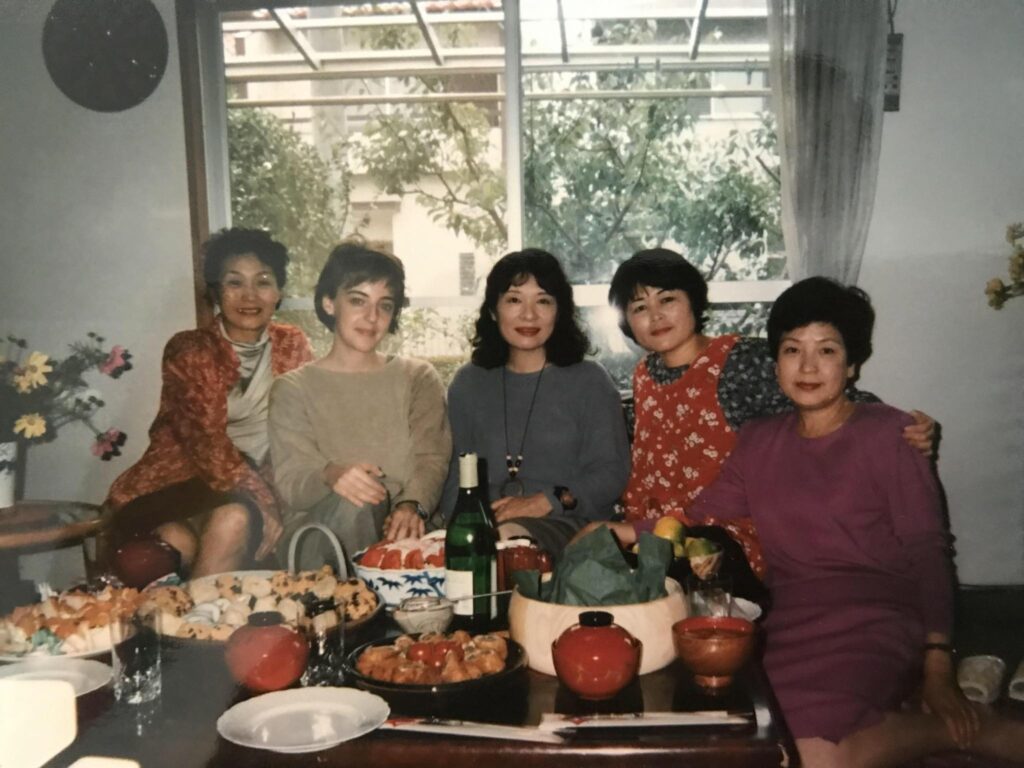
Being well fed Japanese style by my lovely students.
So what aspects of Japanese life could we perhaps incorporate into our daily Western life to age more healthfully?
1. ‘Hara hachi bu’ – The 80% Rule:
Okinawans tend to follow the 80% rule, which they call “hara hachi bu.” This means that they stop eating when they feel 80% full, rather than 100% full.
This helps manage weight healthfully, reducing the risk of metabolic disorders and chronic disease.
2. Daily Warm-up Exercises:
Radio Taiso is a form of calisthenics (ラジオ体操, rajio taisō, literally, “radio exercises”) performed to music and guidance from radio broadcasts. This is done from home, at work or in the park (every morning my local neighbours young and old would meet to do this in the park outside my flat – my 6am wake up call!)
3. Bathing and Spirituality:
Japanese cultural practices such as mindfulness, meditation, and relaxation techniques like soaking in hot springs (onsen) or practising Zen Buddhism promote mental well-being and stress reduction. Lower stress levels are linked to better immune function and a reduced risk of chronic diseases.
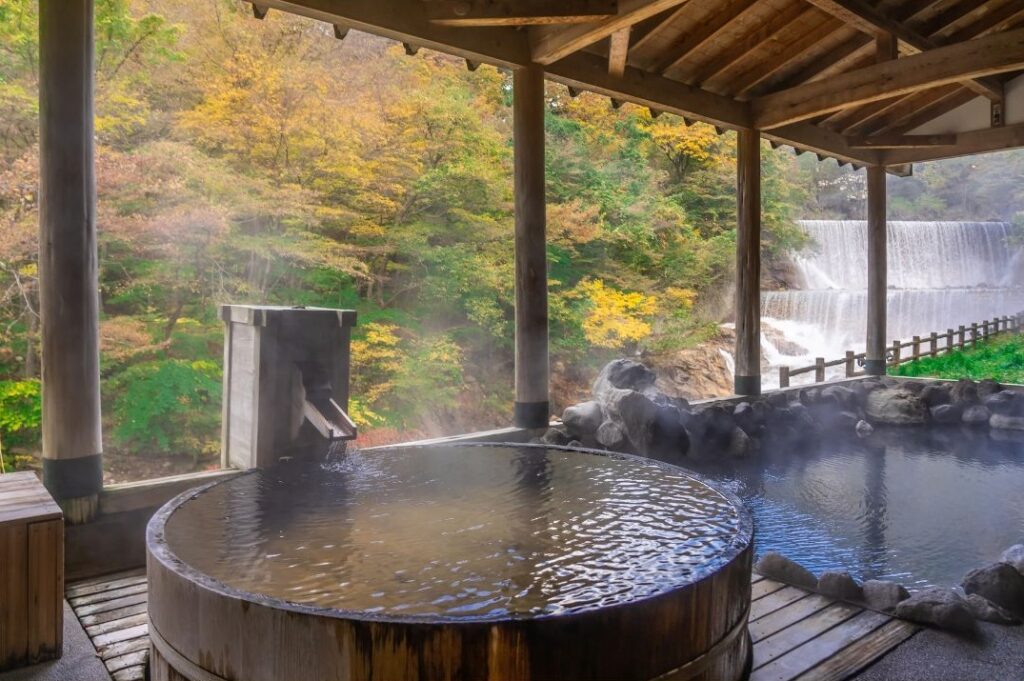
4. Fish and Plant-Based Diet:
Japanese cuisine typically includes a variety of fresh fish, vegetables, tofu, seaweed, and rice, which are rich in essential nutrients, low in saturated fats, and high in omega-3 fatty acids. This diet is associated with lower rates of heart disease, obesity, and certain types of cancer.
5. Social Connections:
Japanese society places a strong emphasis on community and social connections. Regular social interaction, whether through family gatherings, community events, or group activities like tea ceremonies or festivals, provides emotional support and reduces stress, which is beneficial for overall health.
Perhaps you do a form of these yourself already? Or if not, which one appeals to you the most?
Let me know!
By the way, did you know I have a 10 minute kitchen workout you can do from home, so you can make like Radio Taiso?
Click here for my youtube channel where you’ll find my free workouts.

